In honor of PRIDE month, I had the privilege to hold individual interviews with Corrine Sanchez and Adrien Lawyer, two members of the New Mexico Healthy Masculinities Collaborative. As a cisgender White woman, what they shared widened my understanding of gender, what defines us as people and how varying points of view can be brought together in common purpose.
Sanchez is the executive director of Tewa Women United, a WKKF grantee. Lawyer co-founded and is executive director of the Transgender Resource Center of New Mexico. The New Mexico Healthy Masculinities Collaborative is led by WKKF grantee NewMexicoWomen.org and also includes New Mexico Health Equity Partnership and Together for Brothers.
Sanchez and Lawyer generously shared their stories – what follows are their authentic voices, edited solely for length.
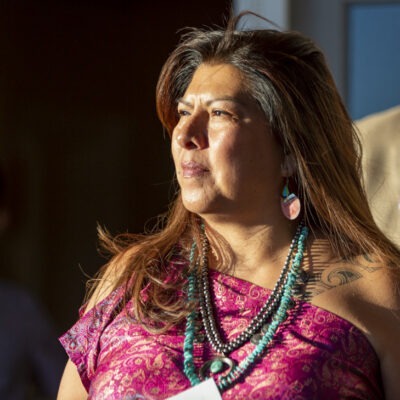
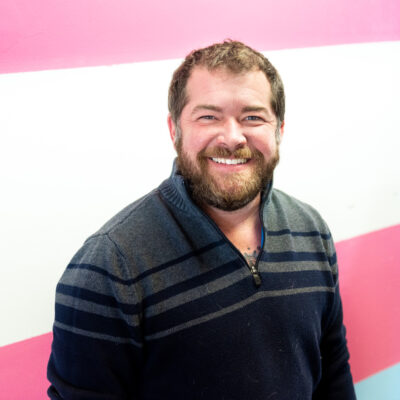
Defined by The New Mexico Healthy Masculinities Toolkit
An umbrella term for people whose gender differs from what is typically associated with the sex they were designated at birth. People under the transgender umbrella may describe themselves using one or more of a wide variety of terms—including but not limited to transgender.
is characterized by current and historic unequal power relations between men, women, transgender, and gender nonconforming people whereby self-identified women, trans, and gender non-conforming people are systematically disadvantaged and oppressed. This is particularly noticeable in government, business, and other institutions, where men dominate and hold most of the positions of power.
Terms used by some people who experience their gender as falling outside the categories of men and women. Folks who do not identify with conventional expressions of femininity and masculinity may also self-identify with these terms. Not all gender non-conforming people identify as transgender, and not all transgender people are gender non-conforming.
A term used to describe people whose gender matches the sex they were designated at birth. This means, for example, that a person designated female at birth identifies their gender as a “girl” or “woman.” “Cis-” is a Latin prefix meaning “on the same side as,” so it is an antonym of “trans-.
Sanchez: Tewa Women is about healing different wounds, specifically violence against women and girls, usually perpetrated by masculine people. How do we heal those wounds and hold men and masculine people with loving, firm accountability? Along with Together for Brothers and the Transgender Resource Center of New Mexico, we asked, “what are our wounds around this?
We come from Indigenous, White, Black and multi-racial communities and we recognize that patriarchy and white supremacy have caused a lot of the wounding. The foundation of this country is based on a braiding of patriarchy and white supremacy. It’s a complicated entanglement. But, if you think of it as White male power or White male decisionmakers, there have been twenty-four White male presidents that sanctioned genocide, up until about the 1930s.
The patriarchy piece is about male control. Roe v. Wade is about regulating feminine bodies, but there are not laws regulating male or masculine bodies. Rape culture is around that masculine power and dynamic. White supremacy is about hierarchy and control. In that hierarchy you have White, then Black, then Brown. You can’t change just one – patriarchy or white supremacy – you have to change them simultaneously.
Lawyer: I came out for the first time at 15 in 1985. When I looked around the world, the only place I saw for myself was as a lesbian. There are all kinds of lesbians, but I was a butch dyke. So, I’m a lifelong second wave feminist. I came out a second time in the late ‘90s and started my medical transition around 2004. At that time, I went right toward the traditional, masculine archetype in my expression and behaviors.
It was startling when I found myself magnetized toward toxic masculinity or unhealthy masculinity; even as a trans man I was magnetized to it. I had to ask: what kind of man am I? Even as someone on the journey, I had to find my way out of unhealthy masculinity to what I think is healthy.
In all of my research, I have not found one, not one, universal gender norm. I have not found one garment, behavior or social role that universally has been coded as masculine or feminine. And now we even have to include childbirth because I have guy friends, like me, who are giving birth to their own babies.
Lawyer: First, we have to say every bit of this is cultural, social; it’s been constructed. Then we can look at those things that have caused real harm to all genders of people; healthy masculinity is almost defined in opposition to that. Whatever masculinity looks like – skirts or pants, short hair or long hair – it would be not so innately harmful.
The definitions we have of masculinity hurt men just as much as women and nonbinary people. We think of men as the ones wielding all this violent power, but I don’t know any men that are unscathed. They are also hurting; there’s a deep oppression for men in all of this too.
Sanchez: To Tewa Women United, it’s about rebalancing dominance, sharing power and recognizing there are different gender roles. They’re not about dominance and control, but about mutuality, being complementary.
In Tewa culture, male and female physicality is about an energy flow. It’s meant to be shared. The physiology meant different roles. But, it isn’t about control and dominance.


In matriarchal societies, like Tewa culture, there were roles based on gender; our language is very gendered. In clan systems, leadership shifted within the system in different moments. There were male and female leaders, people with different skills, but everyone had a role to play in our communities. Healthy masculinity is about communicating, sharing, making decisions collectively. As we’re healing different wounds, there becomes a shared, shifting power balance.
Taking care of those who are most vulnerable is a core value. The most vulnerable tend to be women, children, elders and those with physical challenges. If their needs are met, then you’re taking care of everyone.
Sanchez: The Transgender Resource Center involvement has been powerful for us. When we started Tewa Women United, it was gender specific. Listening to our community has been about how do we increase involvement, increase the table and understanding? We’re at a place of honoring people for who they define themselves to be. The partnership we have is powerful in helping us to increase our lens and our understanding of the multiplicity of identities.
I’m not a proponent of only using gender neutral language – because you also take away my experience as a woman and the violence that’s been directed at me. This country is based on misogyny.
It’s been the years of our healing, a process of learning how we talk about masculinities without taking the focus off of women. We’ve had women’s circles for women to heal. Now, we’re offering that to men and masculine people.
Lawyer: Trans dads, or trans men who are parents, often feel compelled to be macho, to be authoritarian, a disciplinarian, because they need to prove they’re a man more than cisgender men. So, if we take that pressure away, what does it mean?
When a child is a trans feminine child (assigned male at birth but identifies as female), often it’s the father who struggles. There’s this “do-do” wrapped up in “I had this child coded as a boy and I had all this personal ego stuff wrapped up in that. And now, my child is coming to say, “I’m not this thing you thought I was, please love me anyway.’” And you’re like, “I don’t know if I like that because now, you’re a girl, but like a weird girl.” At the minimum you’re one of 3 to 4%, a very small minority population. A dad who maybe didn’t want a daughter period – but a trans daughter! – their brains just almost break sometimes. The unraveling of unhealthy masculinities would be for trans girls to say, “This is who I am” and everyone to be like, “Okay, cool, let’s go get some barrettes.” You don’t need to feel any way about that personally. What does it have to do with you if your child is trans? Nothing.
When you’re part of such a small minority population like I am, you end up realizing there is no big, normal group. Hyper feminine women are a very small minority; hyper masculine men, very small minority.
Even for cis boys. I have a son who will be a junior this year. A lot of the boys he’s friends with don’t like sports or action movies. Whatever you think a boy is, so many times now even a cis boy is not that thing. If we didn’t have such a narrow idea of what it is to be men, we could be so much more loving to the children we have.


The job of being a parent more than anything is to say, “Whoever’s coming here to me is the one for me. And I already think they’re the best one.” Someone should be thinking that about you, there should be at least one person in the world who thinks you’re the best.
Lawyer: Just a plea for help. Things are not good. In New Mexico, we’re a bulwark in the southwest. There’s not a Transgender Resource Center of Colorado, of Arizona, of Texas. We get calls from all those places, because we’re it.
Texas is fighting off this onslaught that’s going to cause these kids to die by suicide more than they already are. These are the calls we get right now: panicked cis parents of trans kids, wanting to know what our center does, what it’s like in New Mexico. They’re genuinely considering picking up and moving their family to the neighboring state because they’re so afraid they’ll get reported to the attorney general as an abuser if they love their trans child. It doesn’t even matter if they end up being successful in that complaint, you have to go through it. You have to be investigated when you’re just a regular family trying to help your kid.
We are creating a safe haven in this region of the country. But, our neighboring states also need heavy investment. This is a sector that needs combat level investment right now because we are under massive attack.
If you or someone you love are in distress, thinking of self-harm or need mental health support, you are not alone. Please reach out to one of the lifelines listed below:
- The Trevor Project’s helpline for LGBTQ+ young people is available 24/7, 365 days a year via chat, phone or text.
- Translifeline is staffed by trans people and can be reached by calling 877-565-8860.
- Starting July 16, 2022, the National Suicide Prevention Lifeline can be reached nationwide by calling or texting 988.
Tewa Women United, New Mexico Health Equity Partnership, NewMexicoWomen.Org, Together for Brothers and Transgender Resource Center of New Mexico launched The New Mexico Healthy Masculinities Collaborative and recently released a toolkit for communities to facilitate conversations that explore gender, reimagine masculinities and build healthy relationships. This collaborative, funded by WKKF, is led by NewMexicoWomen.org.

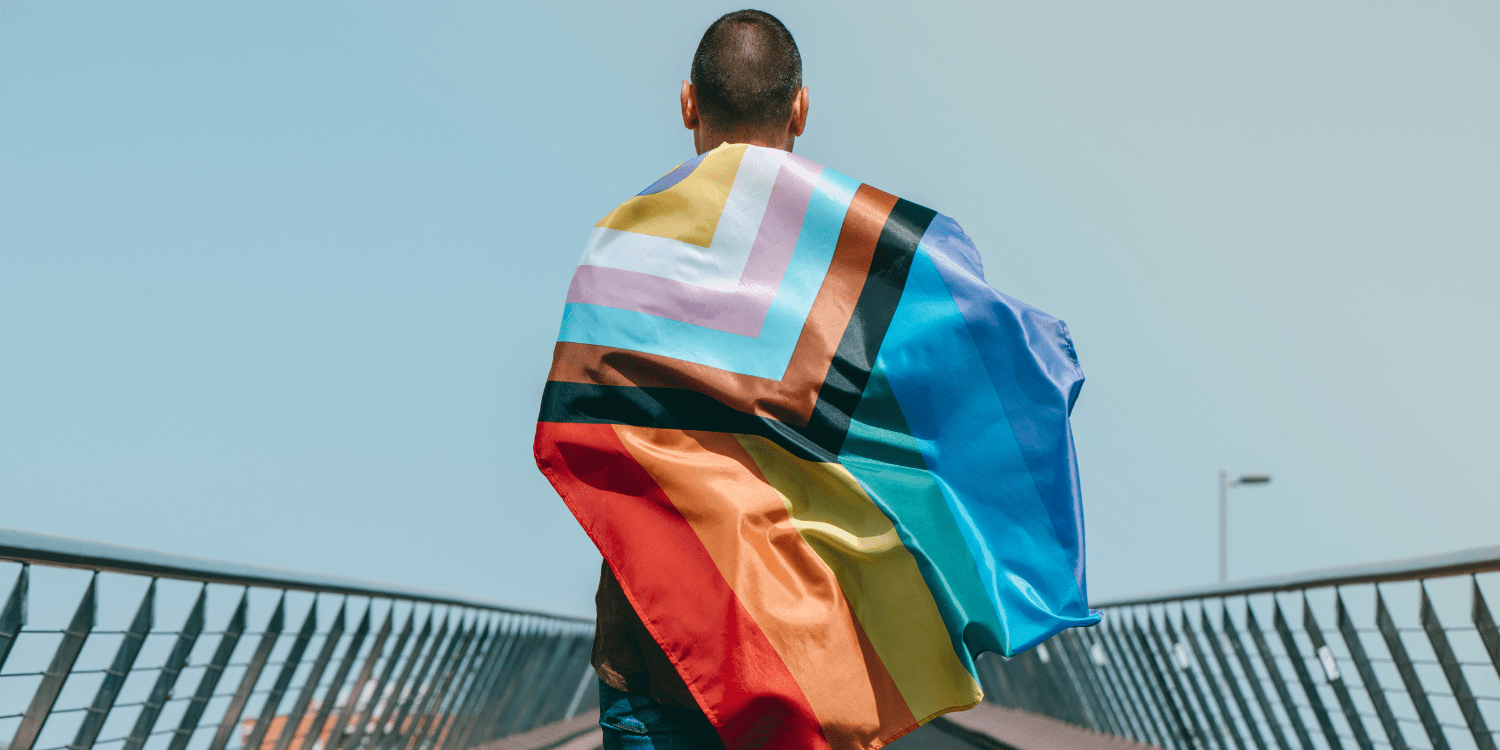
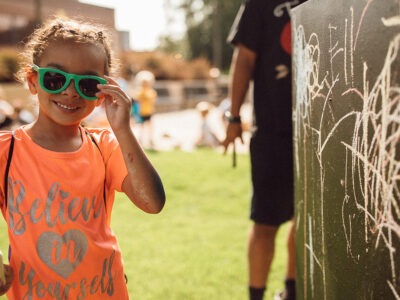
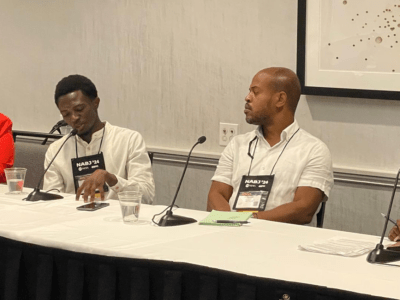

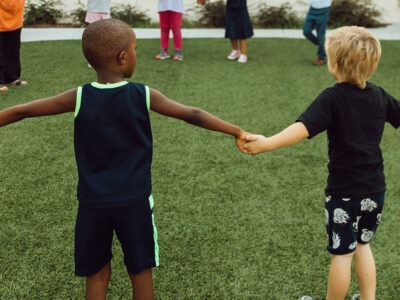
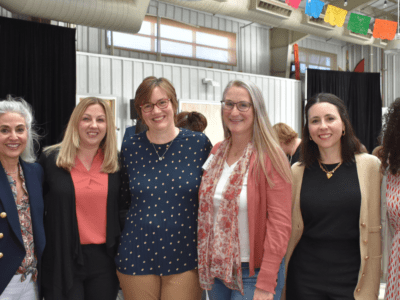
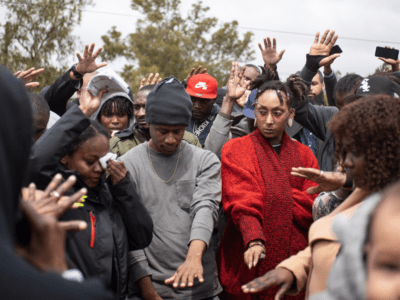

Comments